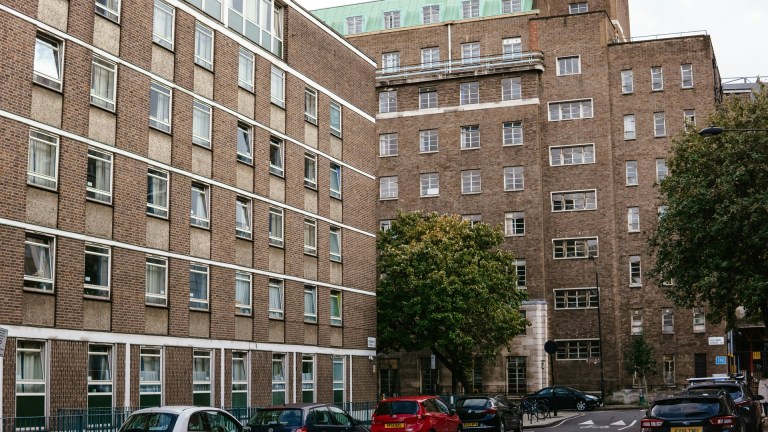Imagine you fell behind on one council tax payment. Maybe the direct debit failed, maybe a life shock – such as a relationship breakdown or job loss – got in the way of your ability to pay, or perhaps you simply couldn’t afford to meet the cost alongside other essentials. And then imagine that your council – instead of considering your circumstances and looking to find constructive solutions – demanded the rest of your annual bill within weeks.
This situation seems far-fetched. But it is the harsh reality that people who fall behind on council tax bills in England and Wales can and do face, under current rules. Not only this, but they can find themselves being threatened with imprisonment for non-payment, and see their arrears quickly escalated to the point of bailiffs visiting their homes.
- How can we solve the UK’s debt problem?
- Reasons for keeping two-child benefit cap are thin at best and cruel at worst – Labour must lift it
These are alarming circumstances when you consider the vast number of people struggling with council tax bills. At StepChange Debt Charity, a third of our clients responsible for paying council tax are in arrears – that’s over 40,000 people. They’re disproportionately likely to be women, single parents, and social or private renters. What’s more, two-thirds of this group have an additional vulnerability beyond their financial situation, like a health condition.
Yet StepChange’s new report, Looking Through the Keyhole, reveals how unaffordable bills, inadequate support and harmful collection tactics all contribute to harrowing outcomes for those who struggle with council tax.
StepChange clients are most likely to fall behind on council tax due to cost of living pressures, often in combination with mental health issues such as stress, anxiety or depression. Many are forced to make bleak choices between feeding their family or falling behind on household bills, between keeping a roof over their heads or foregoing another priority payment. The fallout from such affordability challenges is severe, as one client told us that in an attempt to keep up with council tax bills, they went without food and had been walking around in broken shoes for over four months.
It is hard to convincingly argue that demanding the full year’s liability after missing one council tax payment makes any logical sense when confronted with these experiences. More than that, this approach is fundamentally unfair. It doesn’t allow people who are already struggling the time and space to consider their options, seek support and find solutions.









